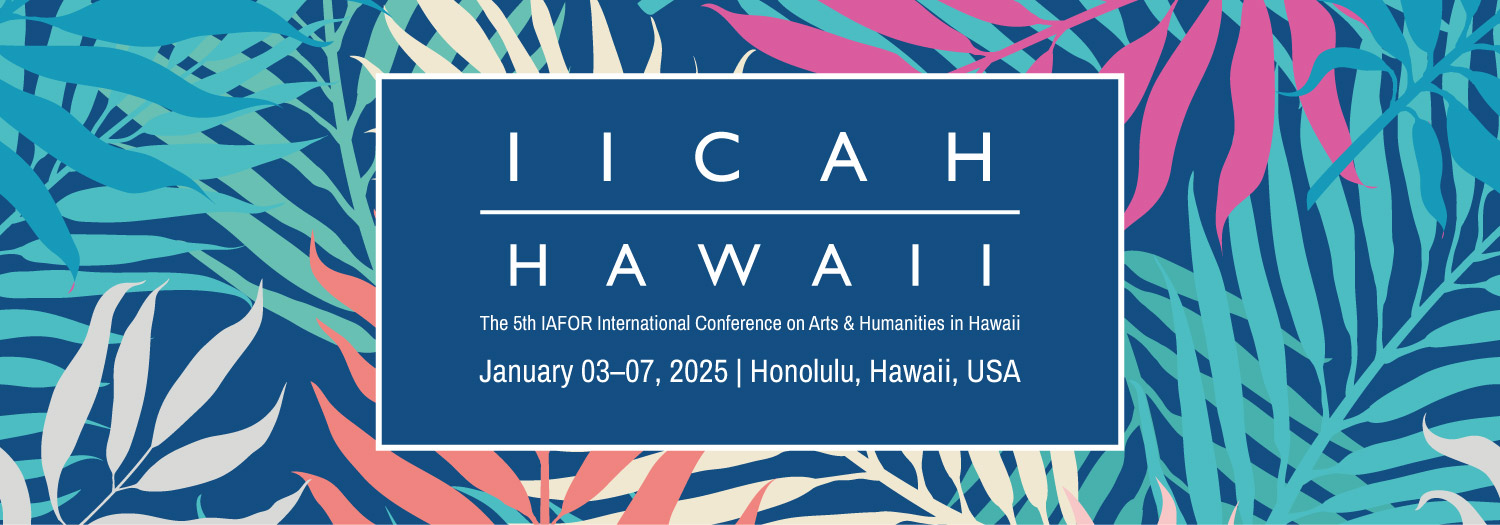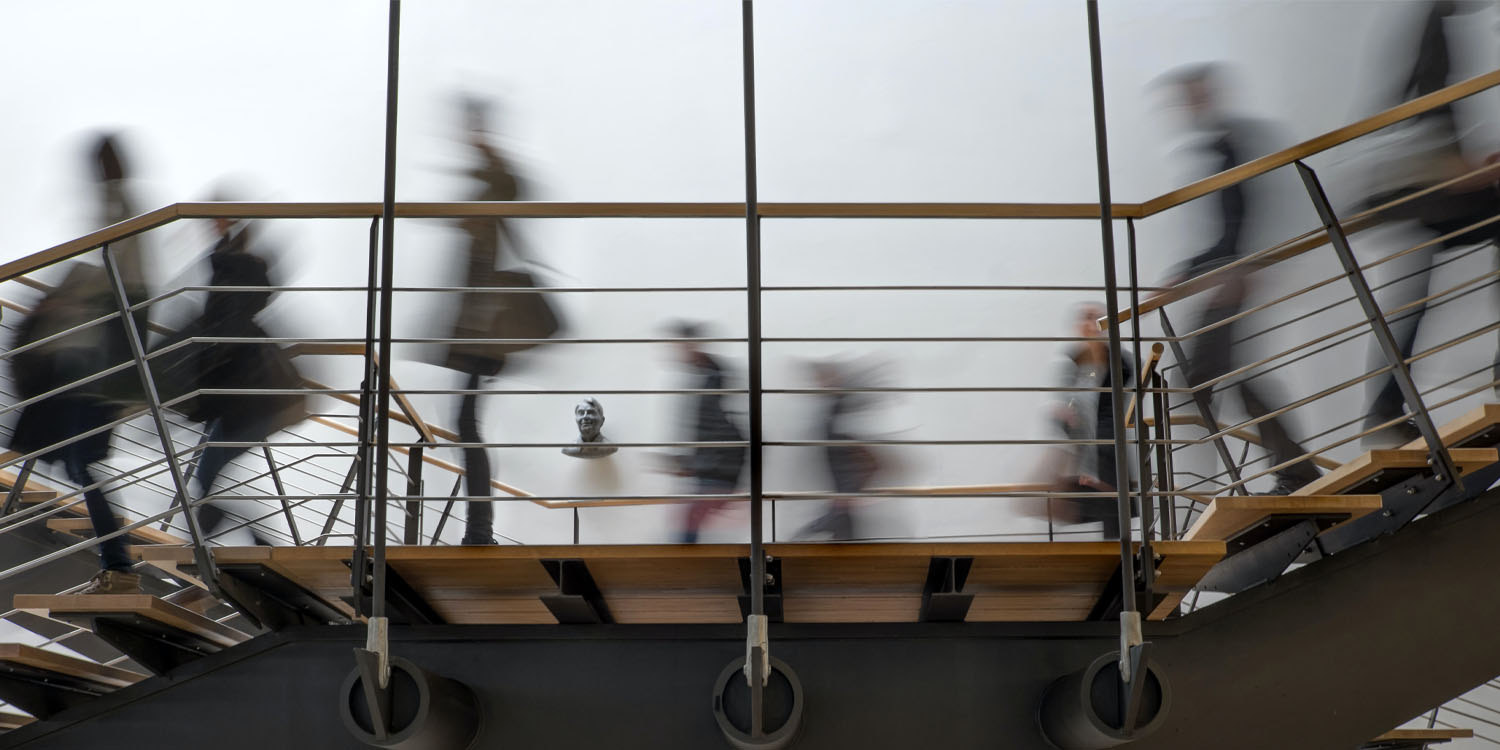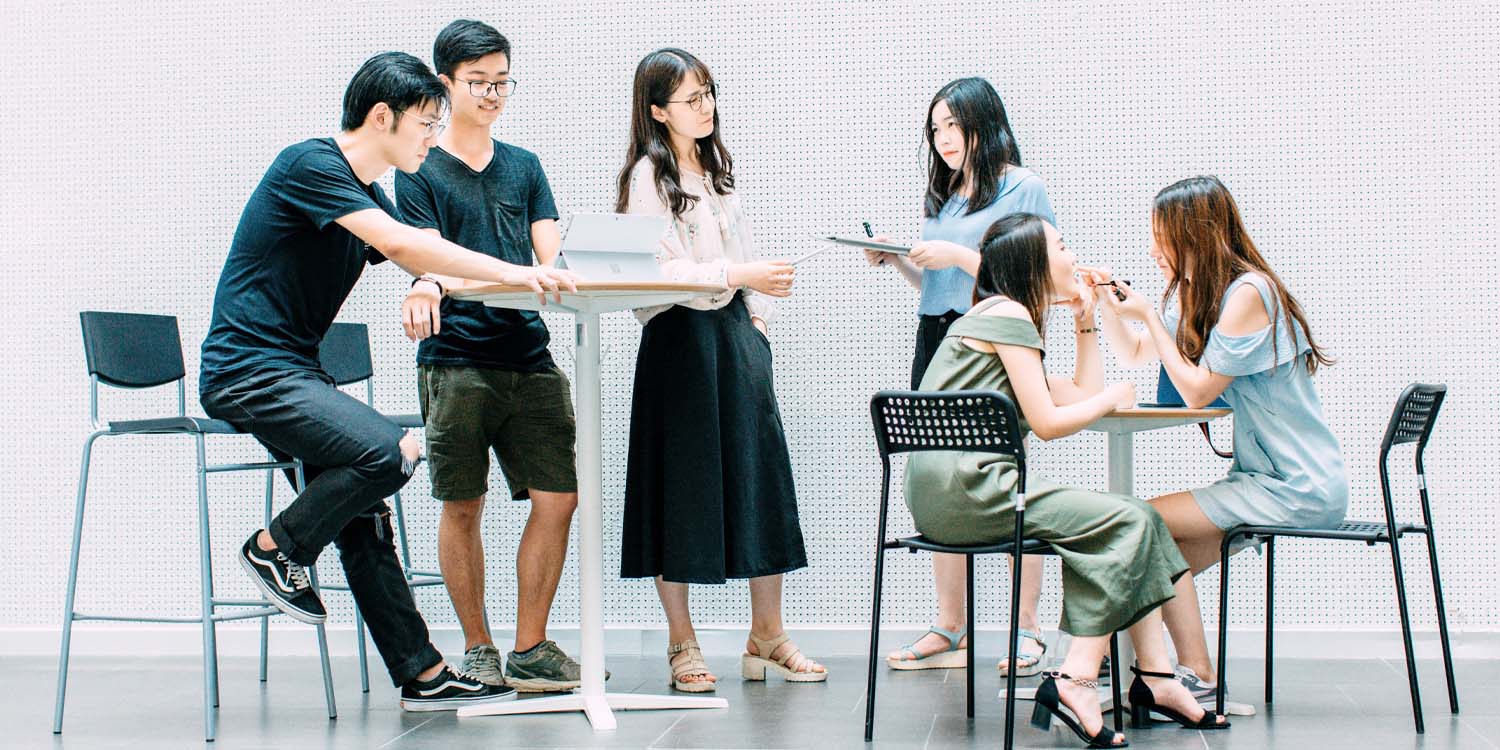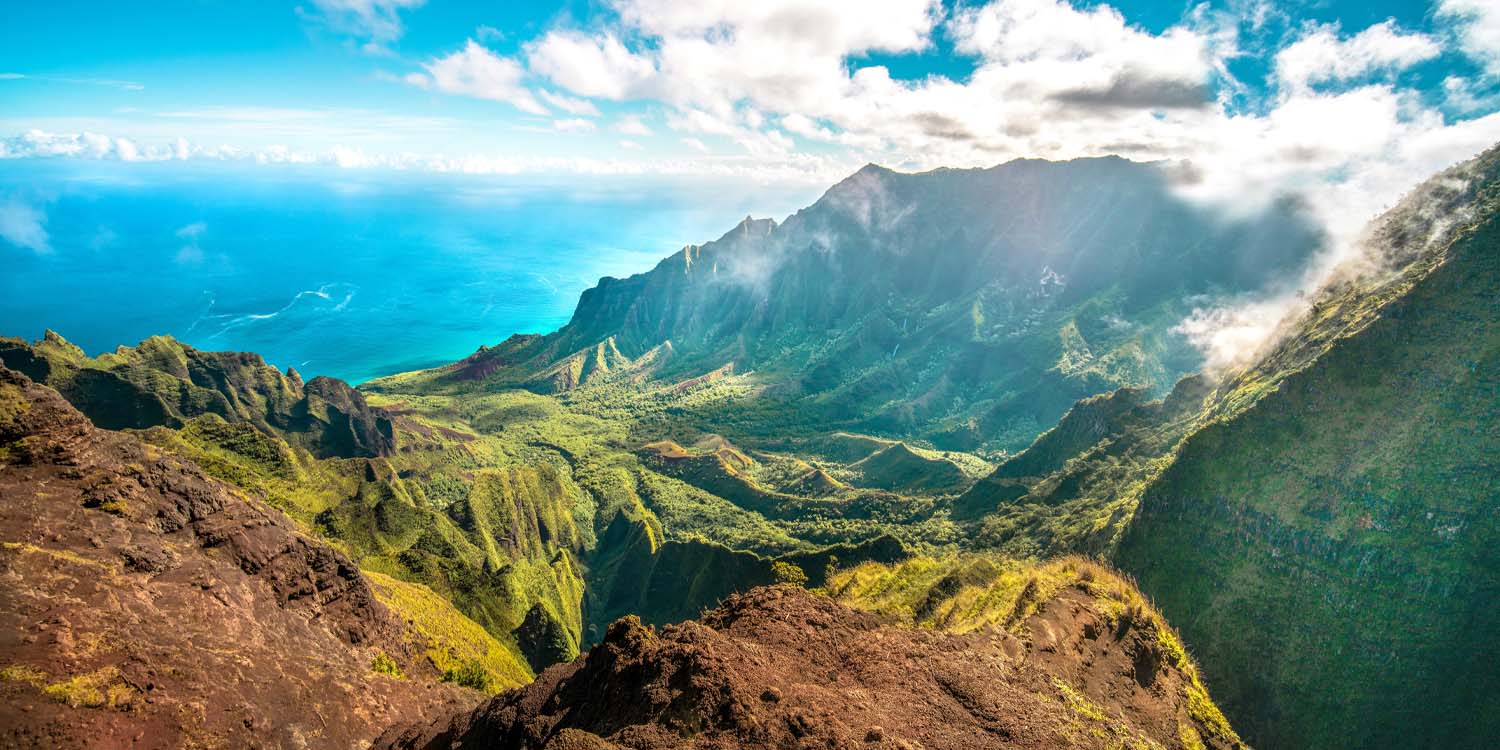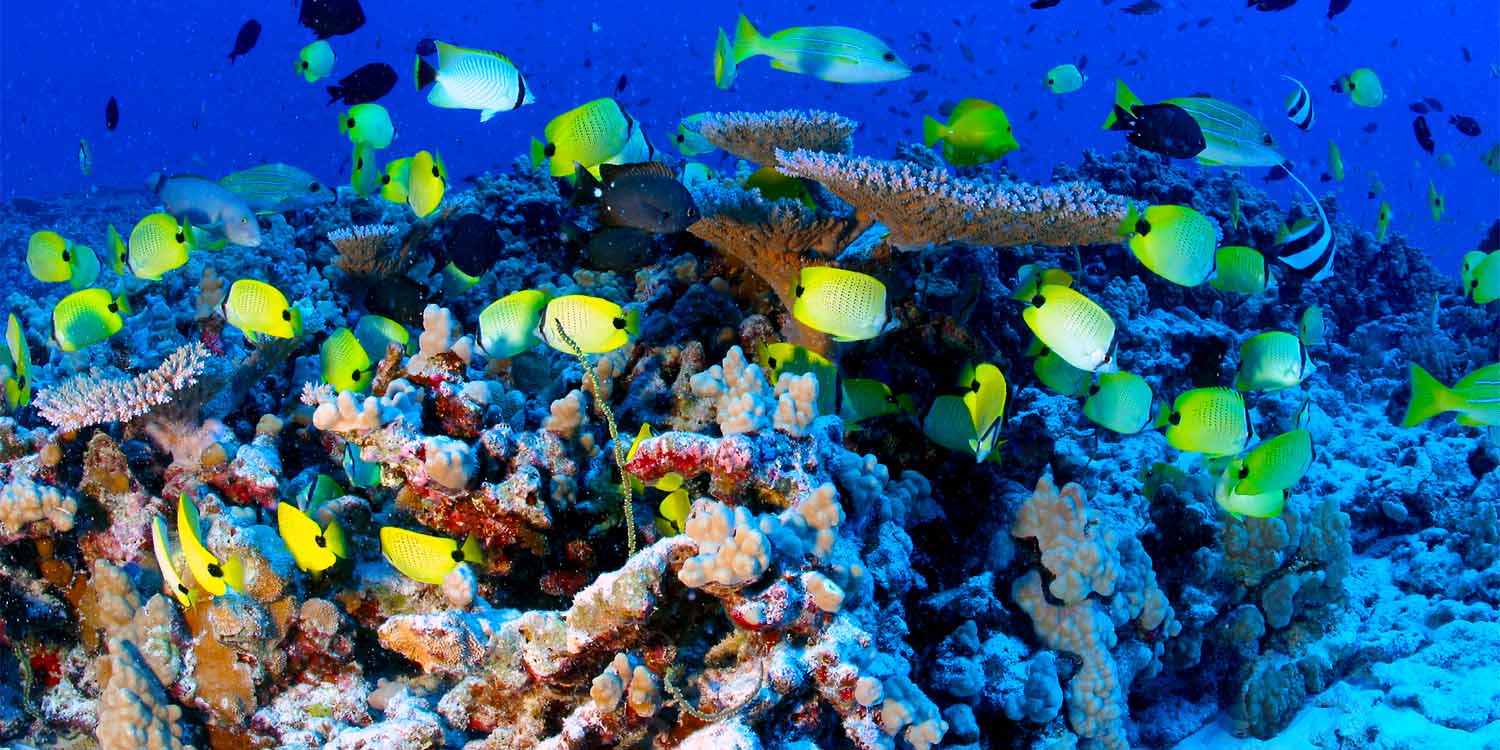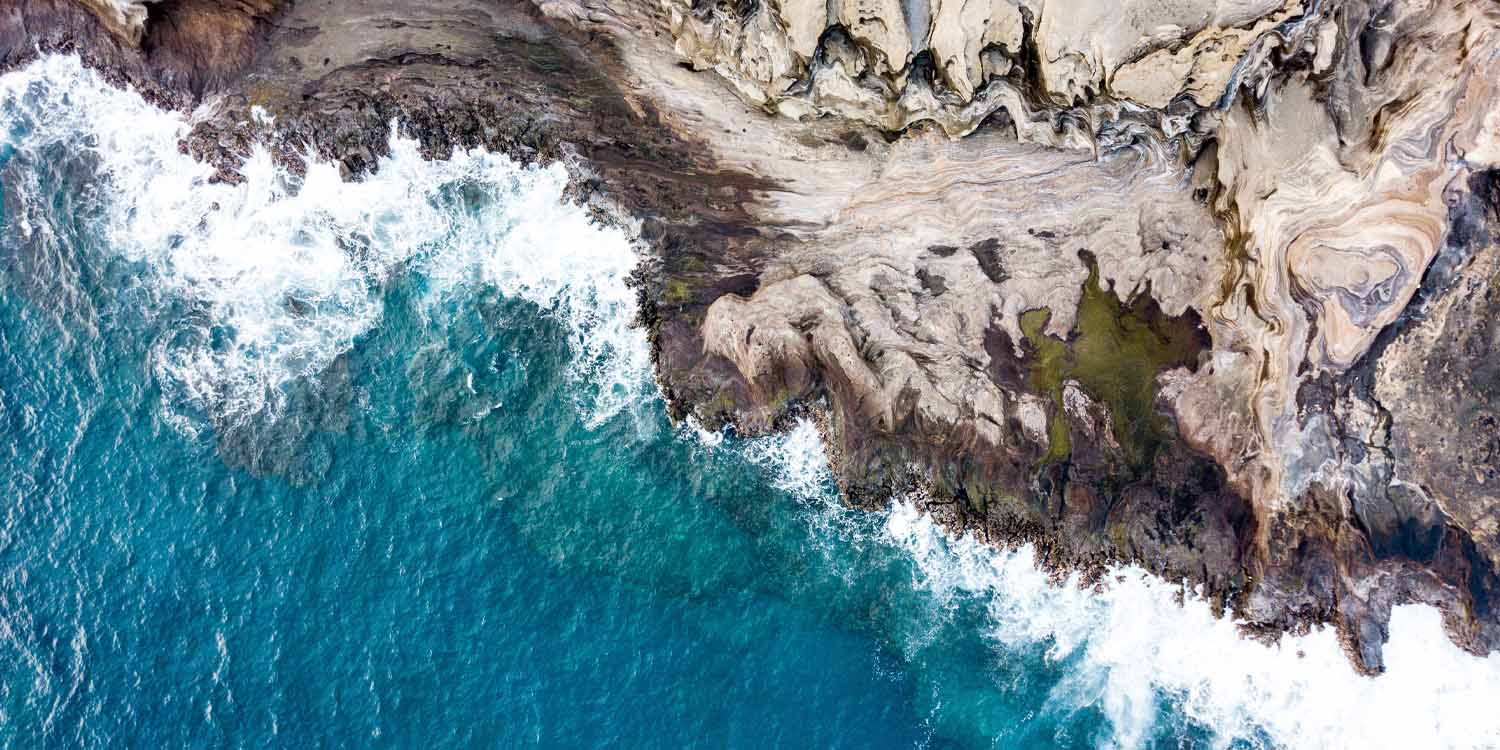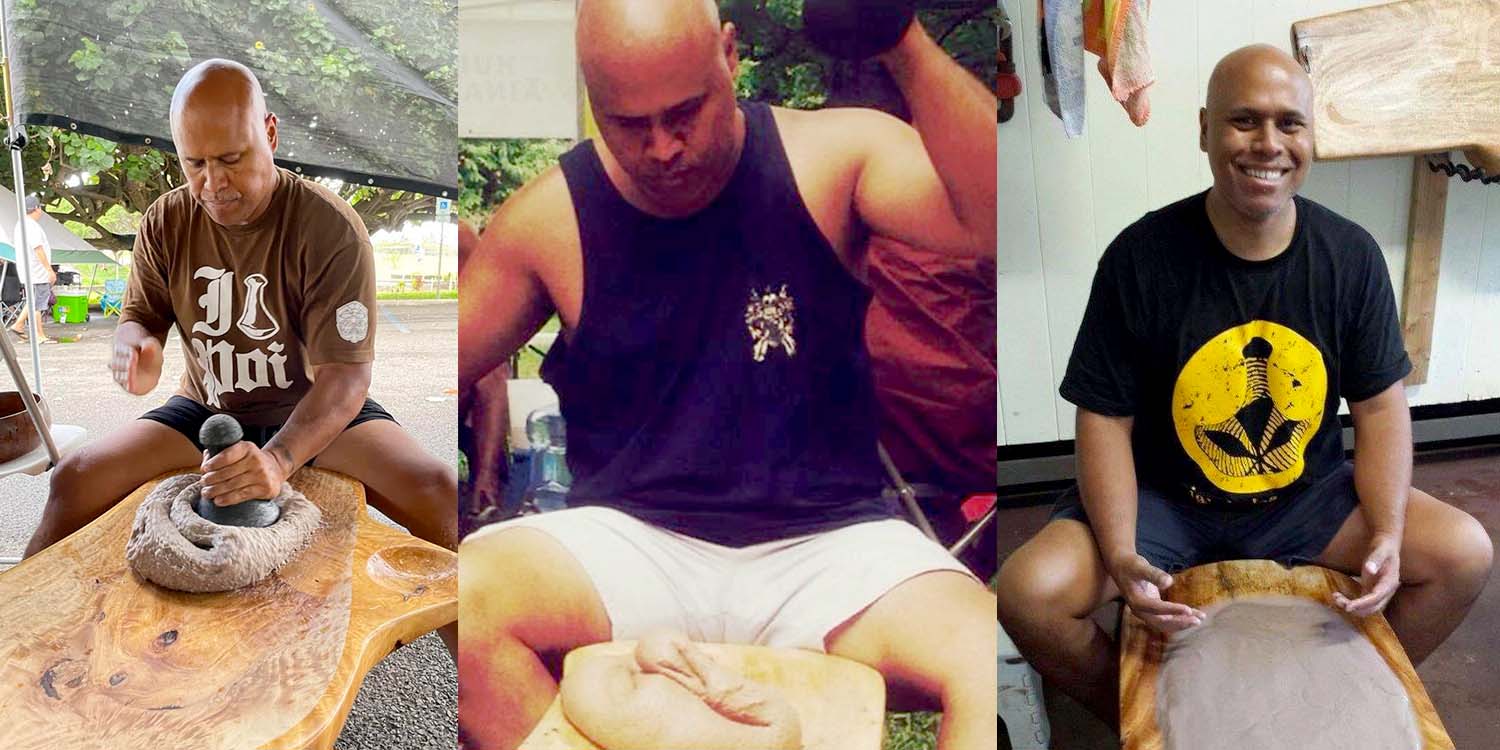Find a Presentation | Bookmarked Presentations
Onsite Poster Presentations
All times are Hawaii Standard Time (UTC -10 hours). See the time converter tool
66204 | The Nature, the Coincidences in “Hanalei Bay” by Murakami Haruki
67016 | Development of Multifaceted Character Culture Through Collaboration in Japan: The Sanrio Case
66790 | Integrated Early STEM through PBL in Makerspaces: Lessons from Professional Development with K-3 Educators
66235 | Public Elementary School Teachers’ Learning in the Professional Development of Culturally Responsive Teaching in Physical Education for Japanese Language Learners
66092 | Reforming Course Outcomes: A Distributed Leadership Approach
66774 | Enhancing Students’ English Speaking Proficiency and Financial Knowledge with Digital Storytelling
65848 | Exploring Social-Emotional Augmentation through Human-Machine Hybridity: Outcomes of the Design Workshop
66852 | Visual Representation-based Creative Problem-solving
67333 | Appraising Asset-based Community Development as ESD: Global Village 2019 Case Study
65230 | Early Childhood Education (ECE) Challenges in Pakistan 2022
66574 | Private Tutoring and Students’ Attitudes in High and Low Socio-Economic Schools
65947 | Substitute Teachers: Building Teaching Capacity
67323 | Development of Artificial Intelligence Chatbot to Protect Students From School Violence and Verification of Effectiveness
65916 | Developing Animated Video Material to Enhance Learning of Conversational Formulaic Sequences in English and Motivation Toward Studying Abroad
66042 | Students’ Experience and Perspectives on Translanguaging in a CLIL Language Course in a Japanese University
65142 | The Importance of Wait Time in Teaching EFL to Children
66720 | Examining the Type of Relationship that Exist Between Higher Education and Economic Growth in USA
67350 | Getting Into and Navigating College Life: Exploring Experiences and Perspectives of Micronesian Students: A Qualitative Study
66282 | How Can Nonbinary Singular “They” be Introduced to English Learners?
66709 | Identifying the Level of Physical Activity (PA) in College Students
67399 | Research on Higher Education Fostering a Sense of Social Responsibility
66244 | What is Mathematics and Mathematics Teaching?: A Study Exploring Prospective Teachers’ Perceptions
65580 | Developing Recreation Therapy Service Quality Using Quality of Service Instruments
66326 | Leveraging Digital Innovation for Teaching in any Discipline: Importing Ideas and Exporting New Knowledge
67018 | An Alternative Grief Model for Third Culture Kids During Transition
65163 | STEM Picture Books- Identity and Representation: Whose Story Is Being Told Anyway?
67213 | A Landscape of the Community of Practice for an International Volunteer Project on Zoom
66789 | How Informal STEM Learning Shapes Student Professional Skills
67193 | Age and Gender Comparisons of the Effect of the Global Pandemic on Anxiety, Depression, and Resilience in Adolescents
65412 | Embodied Cognition: A Strength for Adolescents’ Academic Achievement and Well-being in the Classroom?
67278 | Examining the Effects of Discrimination on Academic and Socioemotional Outcomes in Mexican-origin Adolescents: A Parallel Mediation Model
67127 | Longitudinal Relation Between Parents’ Familism Values and Latinx American Youth’s School Disengagement: Identifying Potential Neural Moderators
65849 | Perceptual Restoration in Seek of Educational Implications
66915 | Educational Tasks and Practices as Antecedents of Students Creativity
66082 | Efficient Endodontic Treatment Training Using Three-dimensional Printed Tooth Replicas
66168 | Japanese Elementary School Teacher’s Learning Experiences of Online Physical Education Professional Development Regarding Parental Involvement of Immigrants
62084 | Modeling Secondary Teachers’ Technological Pedagogical Content Knowledge (TPACK)
67216 | New Graduate Nurses’ Work-life Balance Prediction Due to Patient Safety Incidents During Transition
65945 | College Educators’ Use of Culture in Teaching Practice and Students’ Creativity
65232 | Content Analysis of Feedback Journals for New Nurses from Preceptor Nurses using Text Network Analysis
66708 | Developing Resilient Practitioners for Turbulent Health Care Systems: A Radical Curriculum Redesign
66562 | Effect of Team-based Professional Cardiopulmonary Resuscitation on Nursing Education Using a High-fidelity Patient Simulator
65714 | Exploring Early Childhood Teachers’ Sense of Efficacy
62177 | Online and Face-to-Face Yoga Instruction: How Do These Compare in the Areas of Anxiety and Flexibility?
67248 | Development of Motion Estimation Model Through Deep Learning and Reinforcement Learning for User Behavior Recognition
66935 | Force for Good: The Value of High-Achieving University Students in Tutoring Struggling Younger Students in Underserved Communities
66564 | Beyond Didactics: A Holistic Education to Fill a Student’s Plate
67273 | Evidence Based Strategies to Increase DLLs’ Language Production in Classrooms
67065 | Do Sound Bites Impact Students’ Perceptions of Credibility of Podcasts? An Experimental Analysis
67064 | The Effects of Podcast Sound Bites on Information Retention: An Experimental Analysis
66931 | Alleviating Social Inequities of Healthcare Outcomes: An Analysis of Health Knowledge Among High School Students Stratified by Socioeconomic Status
66167 | Japanese Elementary School Teacher’s Learning Experiences Through Developing Digital Portfolios Regarding Parental Involvement of Immigrants in Physical Education
67165 | Time is of the Essence: Escape the Room!
65858 | Using Augmented Reality and/or Virtual Reality to Teach Taiwanese Students with Disabilities: Current Status and Educational Implications
The draft version of the Conference Programme will be available online on November 21, 2024. All registered delegates will be notified of this publication by email.
*Please be aware that the above schedule may be subject to change.
Featured Presentations
-
 Hindsight, Foresight, and Our Post-COVID FutureKeynote Presentation: Paul McKimmy
Hindsight, Foresight, and Our Post-COVID FutureKeynote Presentation: Paul McKimmy -
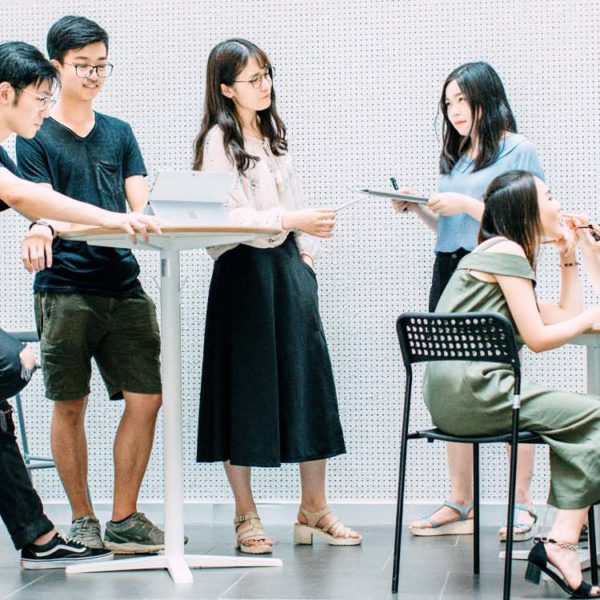 Internationalisation and Cooperation in East Asian Higher EducationKeynote Presentation: Brendan Howe
Internationalisation and Cooperation in East Asian Higher EducationKeynote Presentation: Brendan Howe -
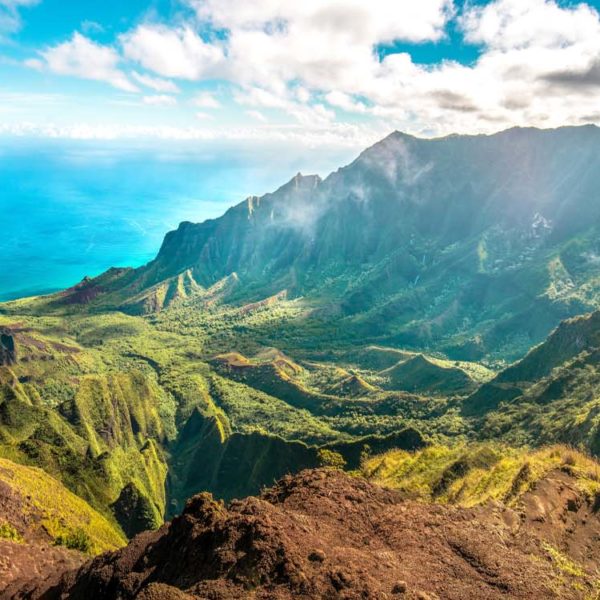 Hidden Hawaiʻi: A Huakaʻi through the Native Realities of Our Island HomeKeynote Presentation: Julie Kaomea
Hidden Hawaiʻi: A Huakaʻi through the Native Realities of Our Island HomeKeynote Presentation: Julie Kaomea -
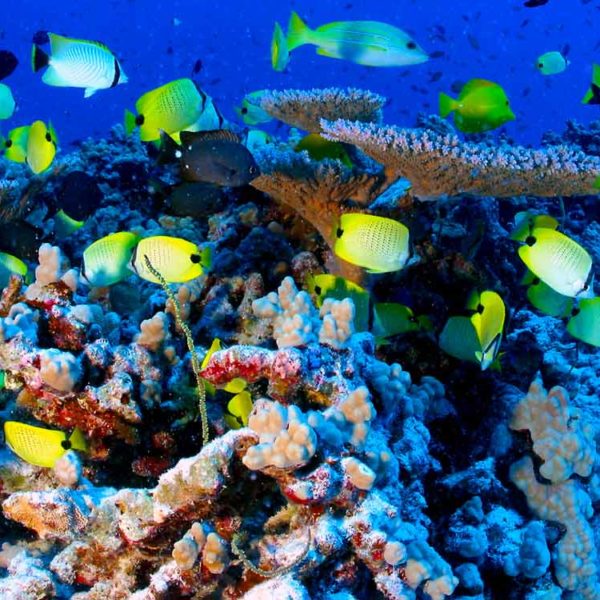 Weaving Knowledge Systems and Nurturing the Next Generation to Care for Papahānaumokuākea Marine National MonumentPanel Presentation: Pelika Andrade, Kai Hoshijo, Haunani Kāne, Randall Kosaki, Kanoe Morishige
Weaving Knowledge Systems and Nurturing the Next Generation to Care for Papahānaumokuākea Marine National MonumentPanel Presentation: Pelika Andrade, Kai Hoshijo, Haunani Kāne, Randall Kosaki, Kanoe Morishige -
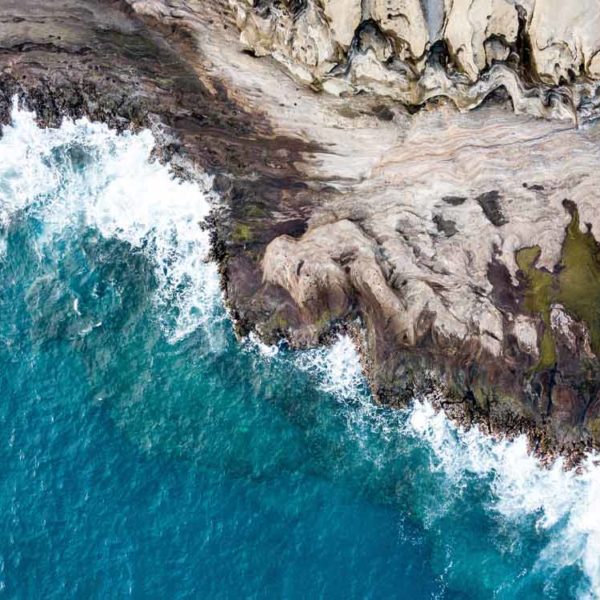 Voyaging: From the Canoe to the ClassroomPanel Presentation: Chris Blake, Mark K. Ellis, Catherine Fuller, Linda Furuto
Voyaging: From the Canoe to the ClassroomPanel Presentation: Chris Blake, Mark K. Ellis, Catherine Fuller, Linda Furuto -
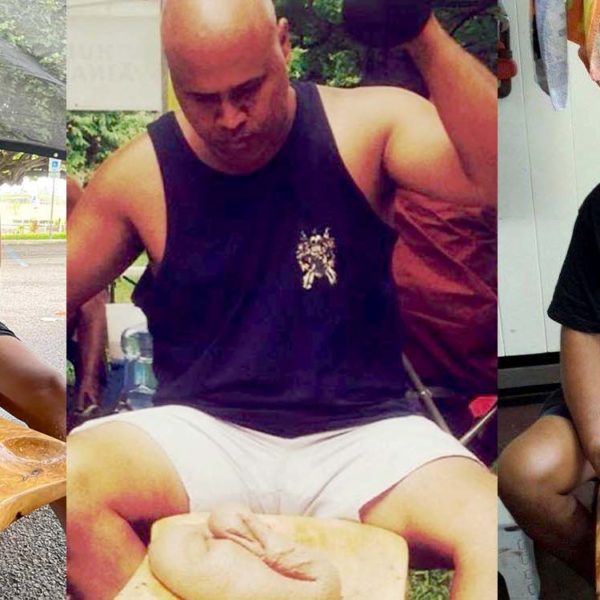 Hawaiian Cultural Presentation: Poi PoundingCultural Presentation: Darwin Kaneaiakala
Hawaiian Cultural Presentation: Poi PoundingCultural Presentation: Darwin Kaneaiakala -
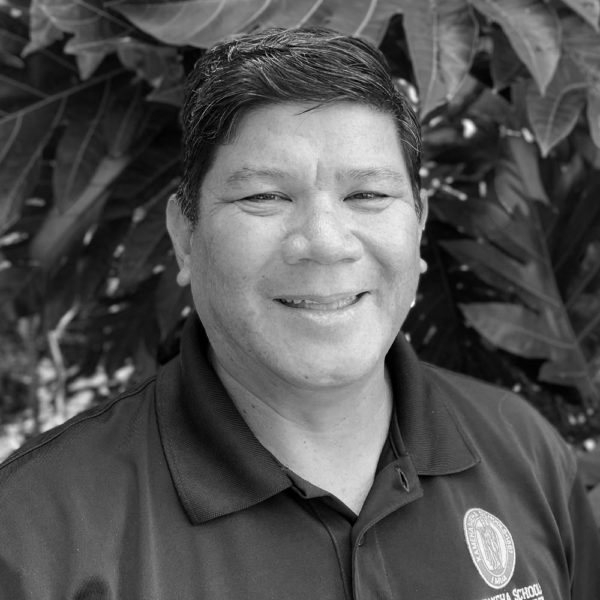 Hawaiian Cultural Presentation: Poi PoundingCultural Presentation: Darwin Kaneaiakala
Hawaiian Cultural Presentation: Poi PoundingCultural Presentation: Darwin Kaneaiakala
Important Information Emails
All registered attendees will receive an Important Information email and updates in the run-up to the conference. Please check your email inbox for something from "iafor.org". If you can not find these emails in your normal inbox, it is worth checking in your spam or junk mail folders as many programs filter out emails this way. If these did end up in one of these folders, please add the address to your acceptable senders' folder by whatever method your email program can do this.
Attendee Guide
Please carefully read the Attendee Guide.
